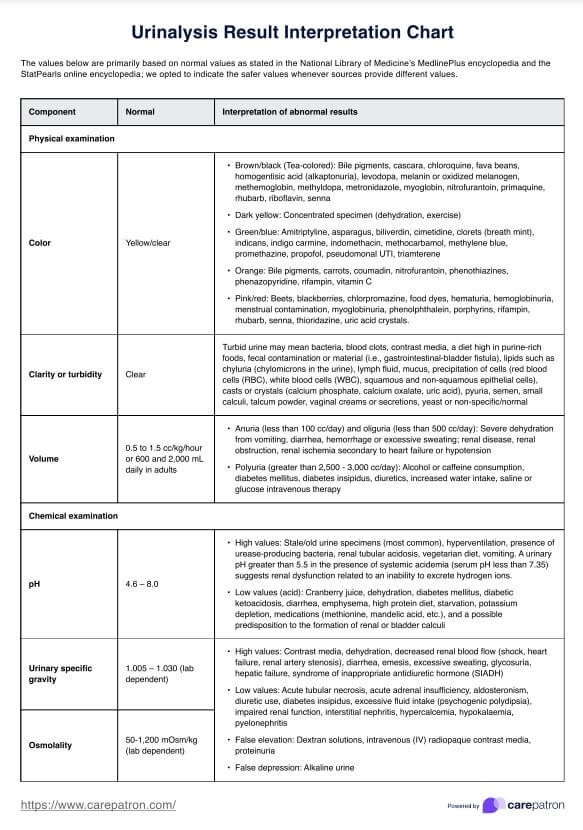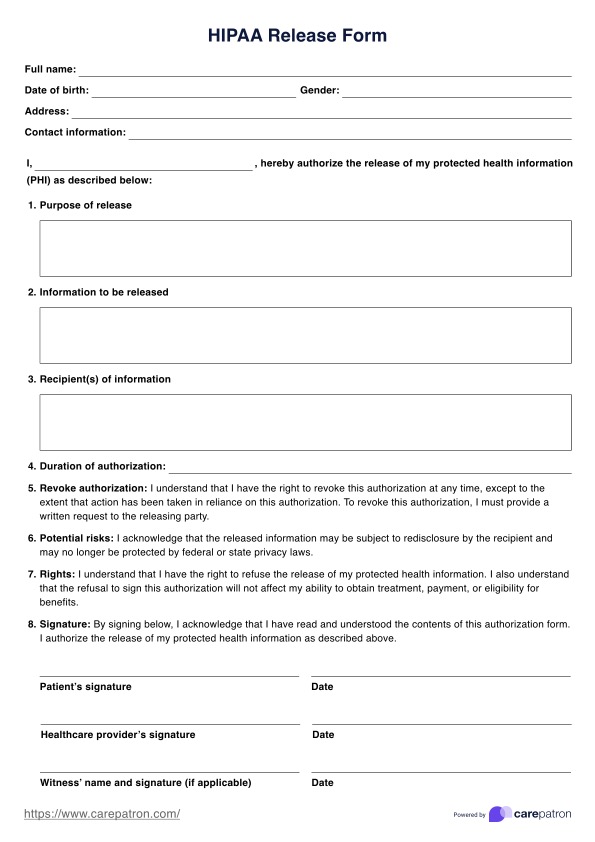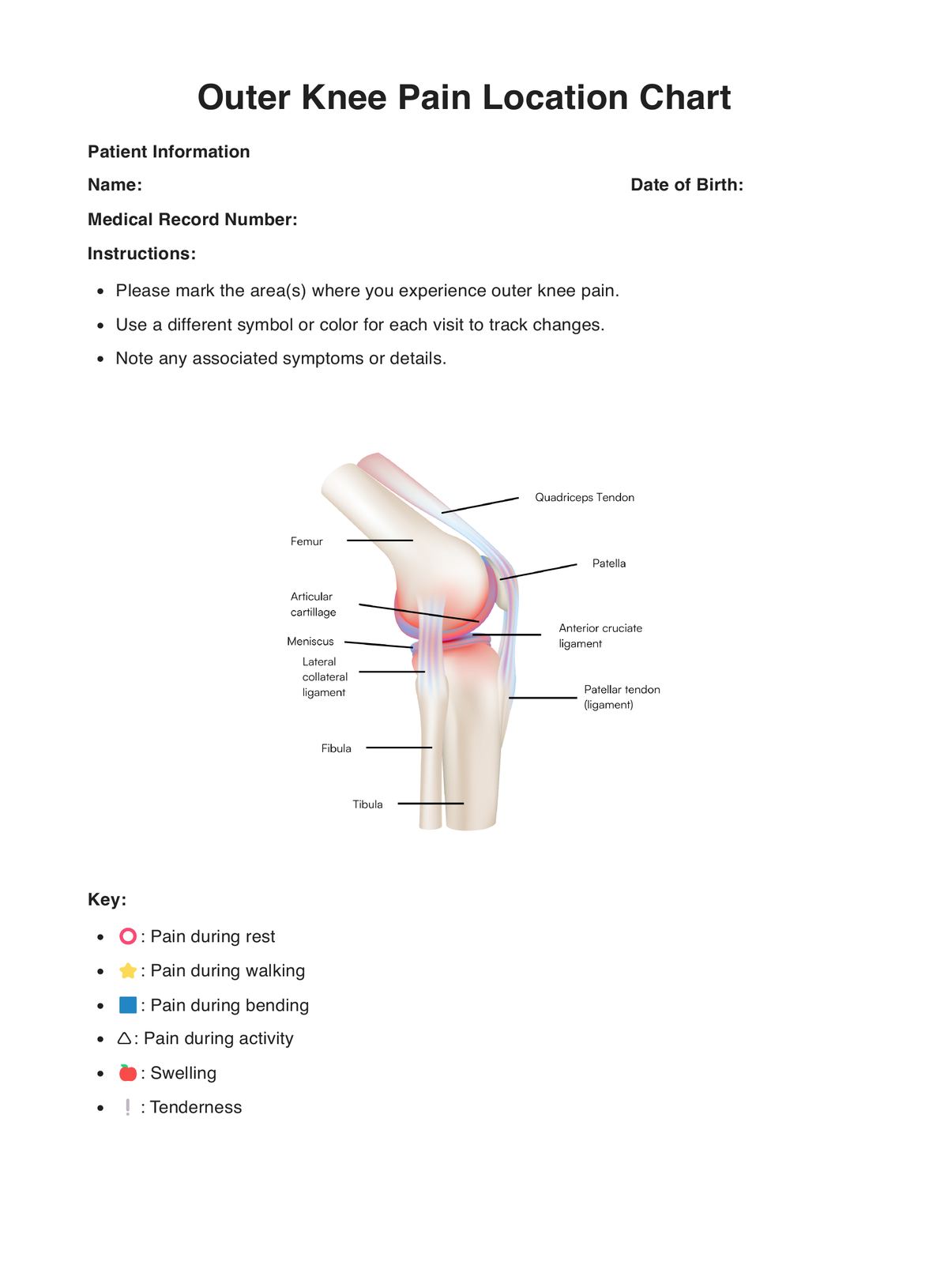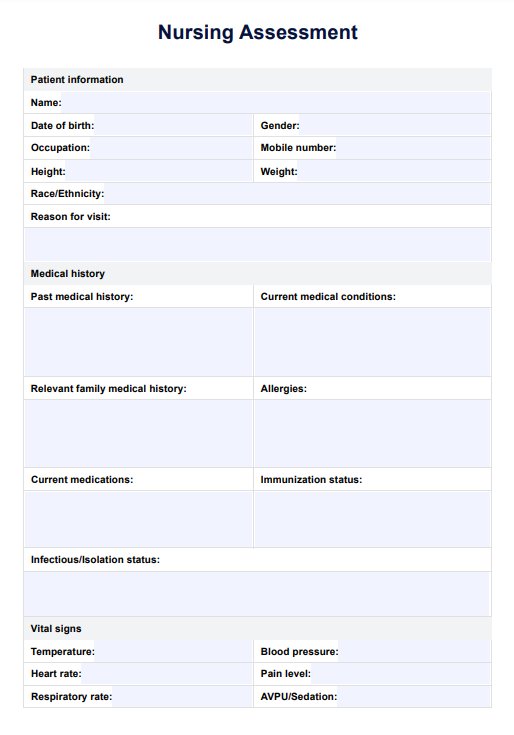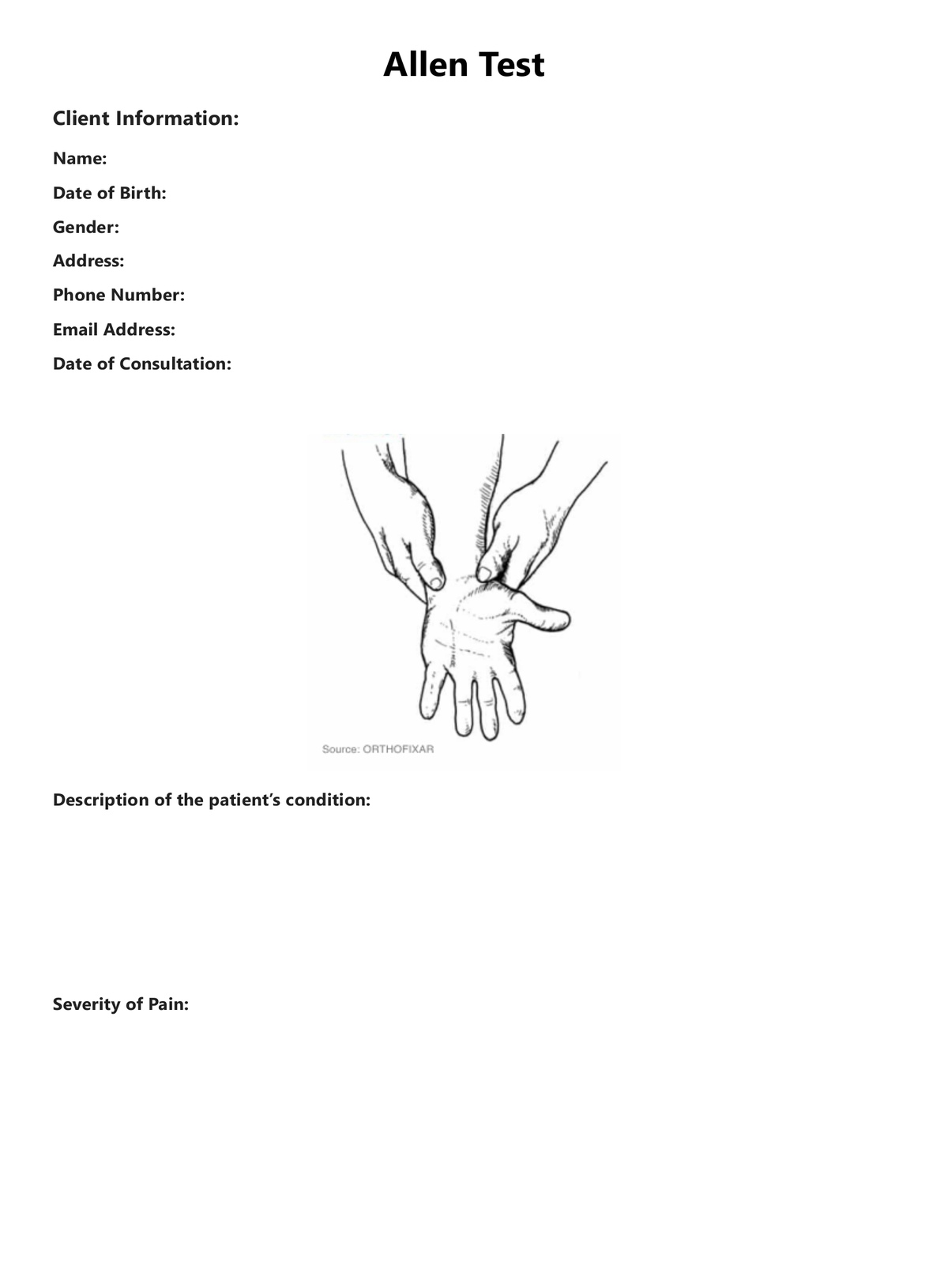PKU Screening
Know about PKU Screening Test and its importance in identifying Phenylketonuria. Understand how this test impacts treatment decisions.


What Is PKU Screening?
PKU screening, also known as Phenylketonuria screening, is a crucial medical test that assesses an individual's risk of developing Phenylketonuria, a rare genetic disorder. This screening method involves the analysis of specific genetic markers to determine the presence of PKU.
Phenylketonuria is an inherited metabolic disorder that affects the body's ability to process an amino acid called phenylalanine. Left untreated, PKU can lead to intellectual disabilities and other health complications. PKU screening is a proactive approach to early detection, allowing for timely intervention and management.
During PKU Screening Test, a small blood sample is typically collected and then analyzed to identify genetic mutations related to PKU. These mutations can disrupt the body's ability to metabolize phenylalanine, resulting in elevated levels of this amino acid in the blood.
The clinical significance of PKU screening lies in its ability to diagnose PKU at an early stage. Early detection enables healthcare professionals to implement dietary restrictions and other treatments to effectively manage the condition and prevent intellectual disabilities in affected individuals.
PKU Screening Template
PKU Screening Example
How Does It Work?
For healthcare practitioners, having access to clinical documentation software for PKU Screening is invaluable. It simplifies the management of Phenylketonuria and the development of individualized treatment plans.
Step 1: Acquire a Template
Initiate documentation by procuring a reliable and easily Printable PKU Screening Test template.
Step 2: Input Data
Proceed by inputting essential genetic information, including critical genetic markers associated with PKU, genetic variations, and predictions regarding the severity of the condition and its response to dietary management. Precise recording of this information is essential for optimizing dietary recommendations and treatment strategies.
Step 3: Specify the Screening Date and Dietary Recommendations
Specify the date of the PKU Screening and provide comprehensive information regarding dietary recommendations or the prescribed treatment plan. This data is indispensable for continuously monitoring PKU responses and any necessary patient dietary regimen adjustments.
Step 4: Thorough Genetic Analysis Documentation
In this step, offer a comprehensive account of the genetic analysis process. Provide in-depth information about the specific genetic markers linked to PKU, their clinical significance, and how they impact the management of the condition. This comprehensive overview of the screening process offers unique insights into the patient's genetic profile concerning PKU.
When Would You Use This Test?
PKU Screening Test serves a vital role in healthcare, with its application focused on specific scenarios related to the risk of this inherited metabolic disorder. It is crucial in detecting, diagnosing, and preventing severe health complications linked to PKU.
This test proves particularly beneficial in different situations. In newborns and infants, PKU screening is routinely conducted to identify PKU in its earliest stages, enabling timely interventions to prevent intellectual and developmental disabilities associated with untreated PKU.
For individuals with a family history of PKU, especially those considering starting a family, PKU screening offers insights into the potential risk of passing on the genetic condition to their offspring, aiding in informed family planning decisions.
PKU screening also monitors dietary management for individuals already diagnosed with PKU, ensuring compliance with prescribed dietary restrictions and maintaining appropriate blood phenylalanine levels.
What Do the Results Mean?
Our Free PKU Screening Test provides healthcare providers with essential information to assess an individual's risk of phenylketonuria, a genetic disorder affecting the body's ability to metabolize phenylalanine. Interpreting PKU screening results is critical for effective patient management solution and interventions.
A typical result from PKU screening reveals that the patient's blood phenylalanine levels are within the normal range, indicating no immediate risk of PKU. This result is reassuring for newborns, and dietary restrictions are unnecessary.
In cases where results are inconclusive or borderline, healthcare providers may recommend a repeat screening, genetic testing, or other diagnostic measures. Timely and accurately interpreting PKU screening results is essential for appropriate medical care, especially for at-risk newborns and infants.
Research & Evidence
Significant milestones in preventing intellectual disability and related health issues mark the history of PKU screening. In the early 1950s, the discovery that phenylketonuria (PKU) results from an inability to metabolize phenylalanine (Phe) led to groundbreaking research. Dr. Robert Guthrie's pioneering work in 1958 yielded an economical blood test for PKU. Subsequent pilot studies, like the 1960 research, underscored the potential of Guthrie's test. Massachusetts initiated the first mandated PKU newborn screening program in 1963, and by the mid-1960s, most U.S. states embraced PKU screening.
Over time, research yielded crucial advancements. The 1970s witnessed the development of more sensitive early-detection blood tests. The 1980s introduced innovative treatment methods, including low-phe formulas. In the 1990s, long-term studies revealed that early-treated PKU patients could attain normal intellectual and developmental milestones. The 2000s ushered in genetic testing to identify those at risk of having a child with PKU.
Today, PKU screening is one of the world's most successful public health programs, significantly reducing intellectual disability incidence. Ongoing research strives to enhance screening techniques and further improve treatment methods, ensuring the continued success of PKU screening programs in preserving the health and well-being of newborns.
References
- U.S. Preventive Services Task Force. (2008). Screening for phenylketonuria (PKU). Available online: http://www.uspreventiveservicestaskforce.org/uspstf/uspsspku.htm.
Commonly asked questions
These tests are typically requested by healthcare professionals, particularly pediatricians and neonatologists, as part of routine newborn screening. Parents and legal guardians play a key role in providing consent for the screening.
The tests are used for newborns in the first few days after birth as part of routine newborn screening. They are also employed in high-risk scenarios, such as when there's a family history of PKU or known genetic risk factors.
It involves collecting a few drops of blood from the baby's heel, which are applied to a special filter paper card to create a dried blood spot. The dried blood spot is then sent to a laboratory for analysis, where the phenylalanine (Phe) level is measured.


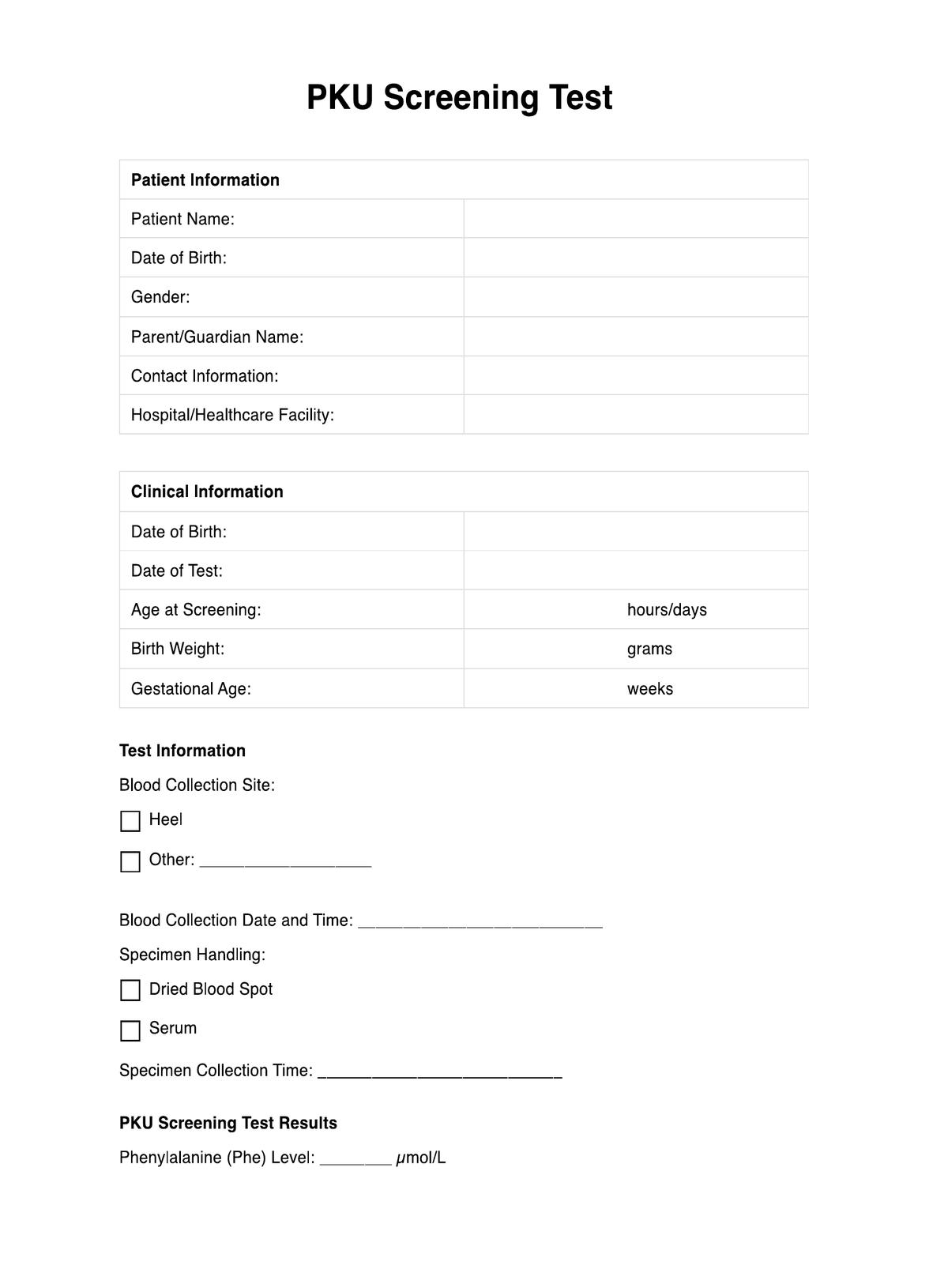
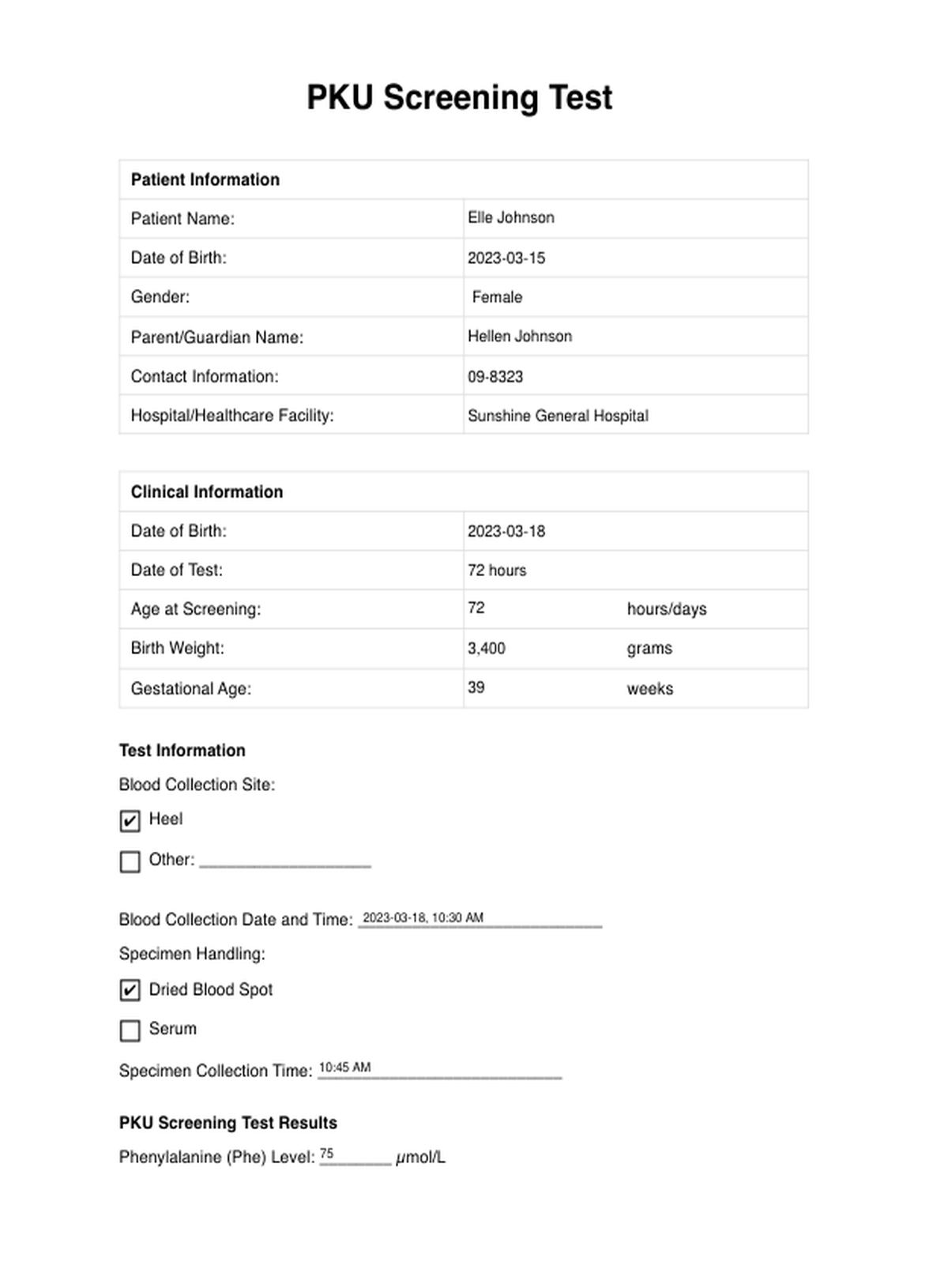


















-template.jpg)


















































































